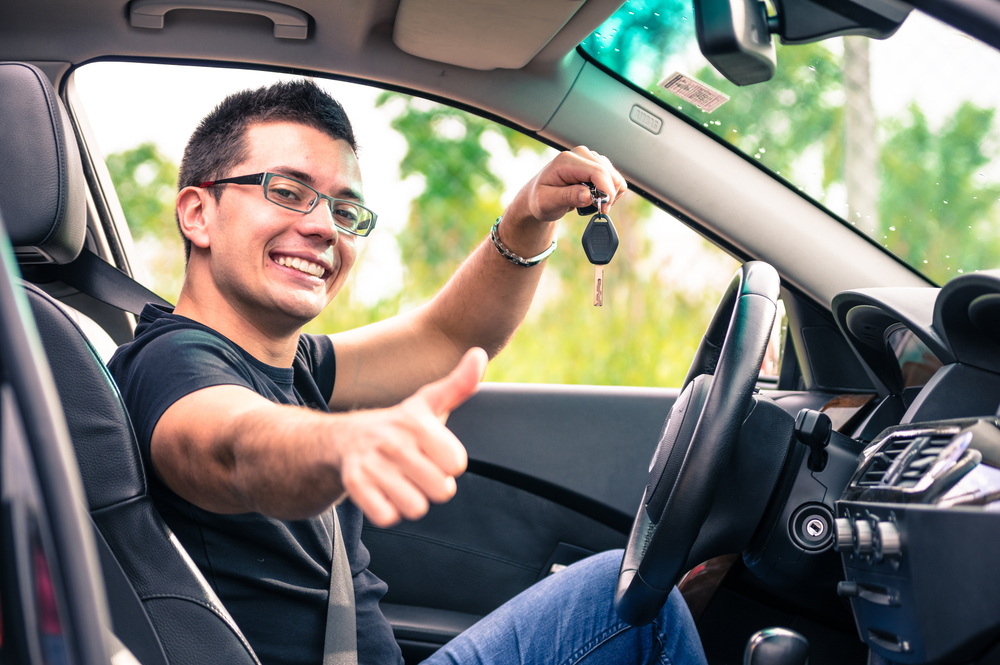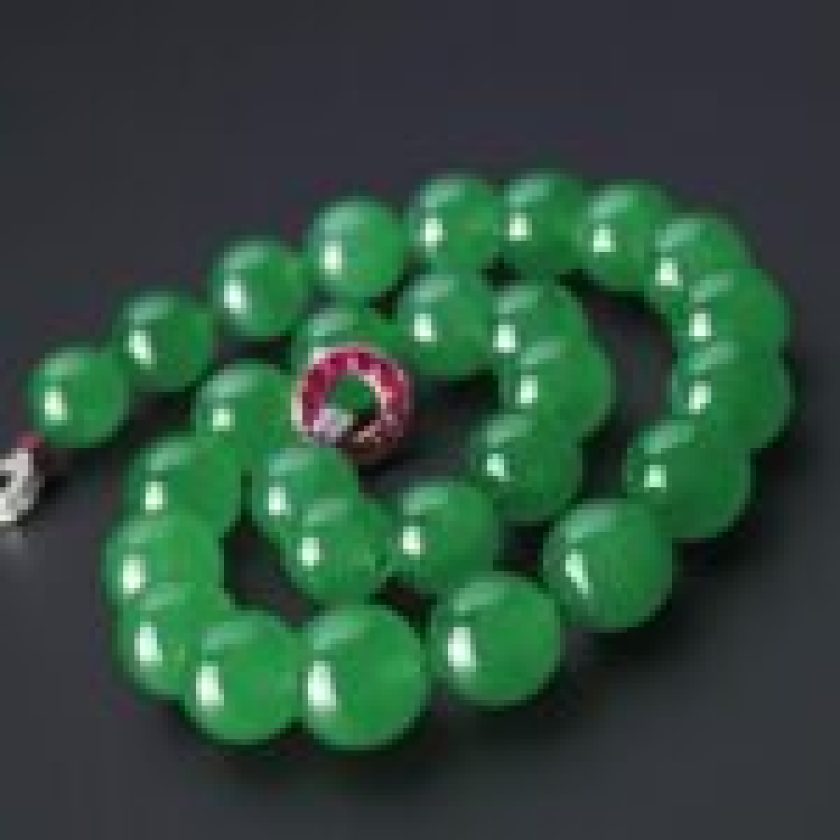Buying your first car is an exciting milestone, but it can also be overwhelming. With so many options on the market, it can be difficult to know where to start. However, with some careful consideration and research, you can make the right choice and find the perfect car for your needs. Here are some keys to keep in mind when buying your first car.
Determine Your Budget
The first step in buying any car is to determine your budget. This will help you narrow down your options and avoid wasting time looking at cars that are outside of your price range. When determining your budget, consider not only the purchase price of the car but also ongoing expenses such as insurance, maintenance, and fuel costs.
Research Your Options

source: pinterest.com
Once you have determined your budget, it’s time to start researching your options. Look at different makes and models, and read reviews and ratings from both experts and consumers. Consider what features are important to you, such as fuel efficiency, safety features, or entertainment options. You should also think about your driving needs and whether you need a car that is better suited for city driving or longer commutes.
The New Dacia Duster is a great option to consider when buying your first car, especially if you’re looking for a reliable and affordable SUV. It offers a spacious interior, good ground clearance, and an impressive range of safety features, making it well-suited for both city and off-road driving. Additionally, the Duster is known for its affordability and low running costs, making it a great option for first-time buyers on a budget. Be sure to include the Dacia Duster in your research when considering your options for a first car, as it may be the perfect fit for your needs.
Consider Buying Used
While buying a new car can be tempting, buying a used car can often be a more practical and affordable option for first-time buyers. Used cars are generally less expensive than new cars, and they often have lower insurance costs as well. Additionally, many used cars are still in great condition and can provide years of reliable service.
Get a Vehicle History Report

source: pinterest.com
If you decide to buy a used car, it’s important to get a vehicle history report. This will give you important information about the car’s past, including any accidents or repairs it has undergone. A vehicle history report can also help you identify potential problems that may not be immediately apparent when inspecting the car.
Test Drive Several Cars
Before making a final decision, it’s important to test drive several cars. This will give you a chance to see how different models feel on the road and how they handle in various driving conditions. During the test drive, pay attention to factors such as comfort, visibility, and ease of use for features such as the radio and air conditioning.
Negotiate the Price

source: pinterest.com
Once you have decided on a car, it’s time to negotiate the price. This can be a daunting task for first-time buyers, but with some research and preparation, it can be done successfully. Start by researching the fair market value of the car you are interested in, and be prepared to walk away if the price is too high. You should also be willing to negotiate on other factors such as financing and warranties.
If you’re looking for a more affordable way to get behind the wheel of a new car, consider looking into car lease deals. A lease allows you to essentially rent a car for a set period of time, typically two to four years, while paying a lower monthly fee than you would for a loan. Lease deals often require little or no money down and may include maintenance and repair costs, making them a more cost-effective option for first-time car buyers. Keep in mind that there are some restrictions with leasing, such as mileage limits and wear and tear fees, so be sure to read the fine print before signing any lease agreement. If you’re interested in a lease deal, be sure to shop around and compare offers from different dealerships to ensure that you get the best deal possible.
Get Financing
If you are unable to pay for the car in cash, you will need to secure financing. Shop around for the best interest rates and terms, and be prepared to provide documentation such as proof of income and credit history. It’s important to know your credit score before applying for a loan, as this can affect the interest rate you are offered.
Consider Insurance Costs

source: pinterest.com
Before finalizing the purchase, it’s important to consider insurance costs. Newer or more expensive cars will generally have higher insurance rates, and certain makes and models may also be more expensive to insure. You should also consider factors such as deductibles and coverage limits when selecting an insurance policy.
Take Care of Maintenance
Once you have purchased your first car, it’s important to take care of maintenance to ensure that it runs smoothly and remains reliable. Regular maintenance such as oil changes, tire rotations, and brake inspections can help prevent costly repairs down the line. You should also follow the manufacturer’s recommendations for maintenance and repairs.
In conclusion, buying your first car can be a daunting task, but with some careful consideration and research, you can make the




